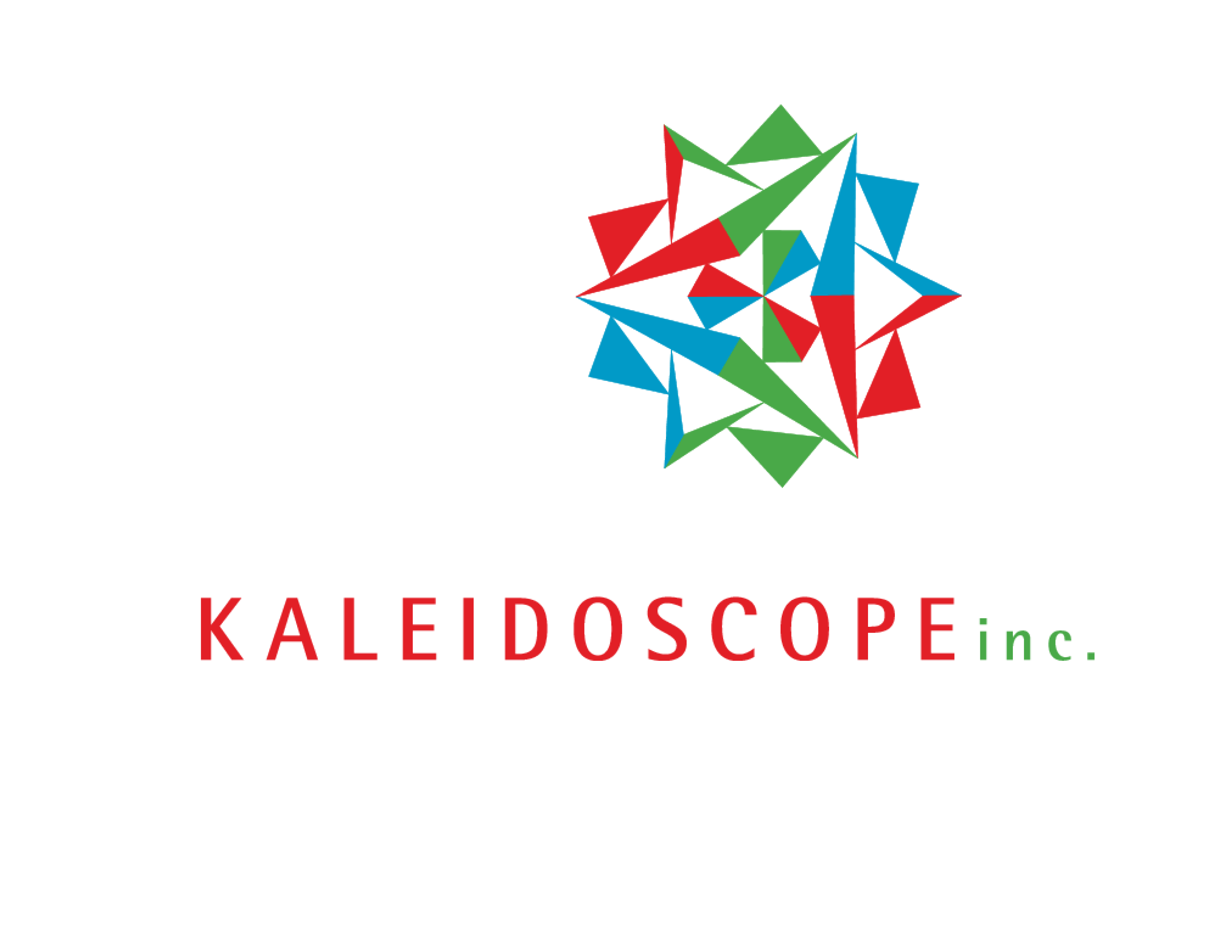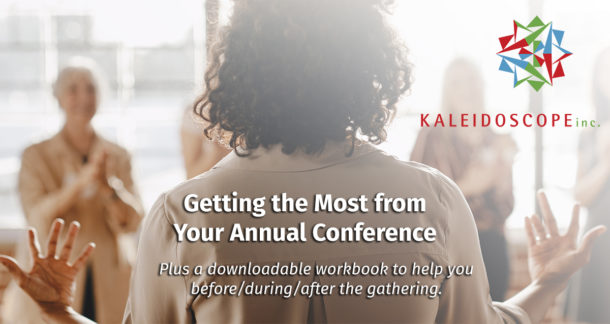When Glen Lake Camp & Retreat Center new Glen Rose, TX, needed to hire a new Executive Director last year, it was an easy choice to work with Jody at Kaleidoscope. Jody had already built a strong foundation as their consultant who guided the new strategic plan and master site plan.
Because that strategic plan included a desire to grow in the area of funds development, the organization intentionally sought a camp and conference professional with experience in fundraising.
Now, the new Executive Director is in place. We wanted to revisit the process and hear how it went from her perspective.
Meet Maria Shupe, Glen Lake’s new Executive Director.
Maria is an accomplished Christian educator and leader, having served congregations for 17 years and Highlands Presbyterian Camp & Retreat Center, near Estes Park, CO, for 16 years. During her tenure at Highlands, she moved them from an organization carrying $3.4 million in debt to $2 million in reserves.
What follows is a Q/A with Maria on her experience in applying for camp positions that included a search firm and those that did not.
Interviewer:
Let’s start with the part where you are looking for a new position. What were the things that were important to you?
Maria:
I took some time to discern a call and figure out where I wanted to go next. I wasn’t in a huge hurry to make a decision. I was also fortunate not to be tied to one geographical location, which opened the door to more options. I have the freedom to live anywhere. Having said that, it is wonderful that my son is actually in Texas, about an hour away from where I live now.
Cultural fit was a significant consideration for me. I wanted to live in a place where I felt comfortable and safe. Frankly, I turned down one position because I couldn’t see myself living there. The property was beautiful, and it is a strong organization, but I knew the surrounding area’s culture wouldn’t be a fit for me.
However, I recognize that many don’t have these luxuries. Obviously, camp and retreat directors need to live at or near the camp or retreat center they serve. Remote working beyond a few miles isn’t super common in this industry yet. So, I imagine that location is vital when applying for a camp director position. In addition, lots of people have to worry about where their spouses work or where their family members live.
Interviewer:
Where did you look to find the openings?
Maria:
I looked at ACA’s jobs board and explored the denominational connections I have. I had to look closely at whether or not I wanted to move from the Presbyterian denomination, where my network is extensive, to another denomination, where my connections were much fewer. Ultimately, I made this move, but I wanted to be intentional about that decision.
Interviewer:
How important was salary level in your search?
Maria:
I have experience and proven results, so I expected to find a position that compensated me for the value I would bring. Unfortunately, I know that not all camps are in a financial place to pay beyond a base level.
Also – I have had a wonderful experience as a woman in ministry. I have been paid fairly, but I hear so many stories where this isn’t true. I think for women especially, being paid fairly in a traditionally male-dominated position is a real consideration.
Interviewer:
When you were applying and interviewing for positions, what stood out to you as the difference between organizations that used a search firm, like Kaleidoscope, and those that didn’t?
Maria:
I applied to multiple positions and got to the interview process for a camp conducting the search themselves; one that was using a firm that was skilled at searches but didn’t know the camp industry; and Glen Lake – where Kaleidoscope was skilled at searches and knows the industry.
In the case of the processes that included search firms, there was faster communication and a much more polished experience. They presented documents that shared the information I needed to learn about the camp’s history and the direction it was going. The application and interview process was straightforward, and I wasn’t left to wonder about much.
In the case of the Glen Lake process, with Kaleidoscope leading the search, Jody’s expertise in the camp industry was a huge advantage. He served as a trusted authority on the organization’s health and how it was fairing in the pandemic compared to others. Specifically, He knew their history because of the work he had already done with them. Jody was a considerable asset for Glen Lake in the process.
Interviewer:
Did you have a generally more favorable impression of the organizations using a search firm?
Maria:
Yes. It told me that they were serious about finding the right fit for their organization and weren’t willing to settle on the best of the applicants. Too often camps choose from the people they know, who grew up in the organization, and don’t look for a professional outside their organization.
Interviewer:
Did you experience any differences in the interview process between those who utilized search firms and those who didn’t?
Maria:
Yes, when I started my search, I was pretty sure I didn’t want to go to youth camp. Organizations that didn’t use a search firm struggled to see beyond the youth programming needs.
Glen Lake and others that used a search firm gave a more comprehensive understanding of what the organization needed from a leader. Glen Lake is a youth camp, but they understood that they required proven experience as a fund developer. Because of this differentiation, I was able to consider the organization as an option — not just see it as a youth camp.
Interviewer:
How was the offer process different when working with the search firms?
Maria:
I had three offers. Each was a very different experience. In one case, the search firm consultant did the negotiating. In another, the head of the call committee communicated directly with me. I’m not sure that one is better than the other. But, ultimately, this didn’t influence my decision on who I said yes or no to.
In the case of Glen Lake, I appreciated having Jody as an intermediary. The choice Glen Lake made to use Jody shows that they are a mature organization. Glen Lake has a strong foundation, now they are working to enlarge the foundation and ministry. He was able to understand the questions through the lens of the organization, whereas search committee members were volunteers and didn’t have that professional filter.
Interviewer:
In your experience, where and how does the work with the search firm end?
Maria:
Most of the time it ends when the person is hired. After that, onboarding is up to the board. In the case of Glen Lake, I was so grateful to have Jody’s expertise and knowledge of the organization’s history even after I started.
__________________________________
Kaleidoscope offers executive search functions for camping and retreating organizations.

